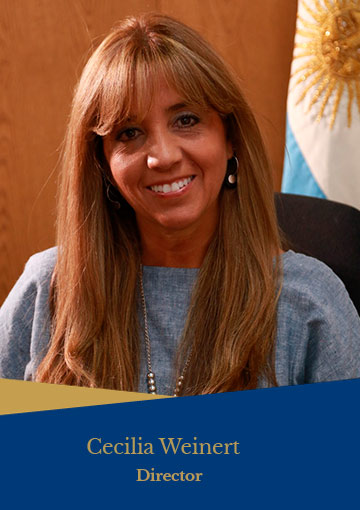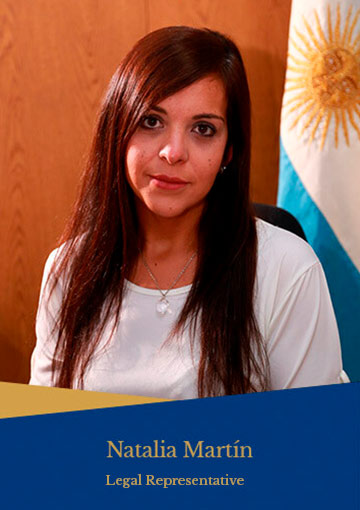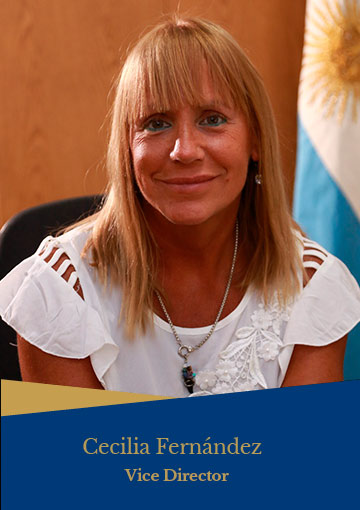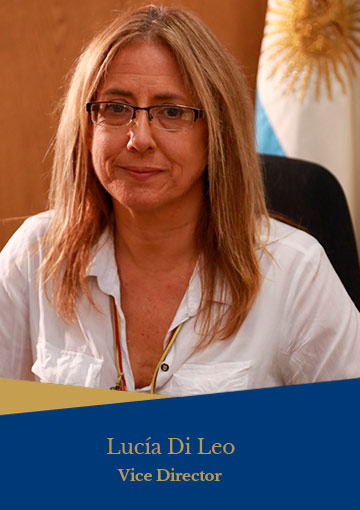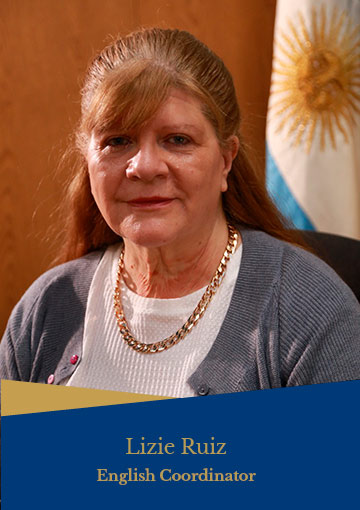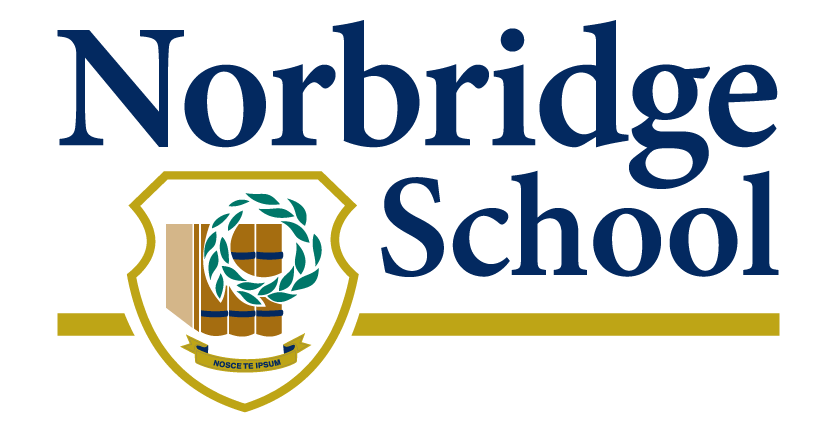Primary school – Mendoza
Institutional pedagogical project
It promotes a comprehensive quality education that favors the growth of students in all their dimensions, developing individual talents through the implementation of special strategies with high academic demand.
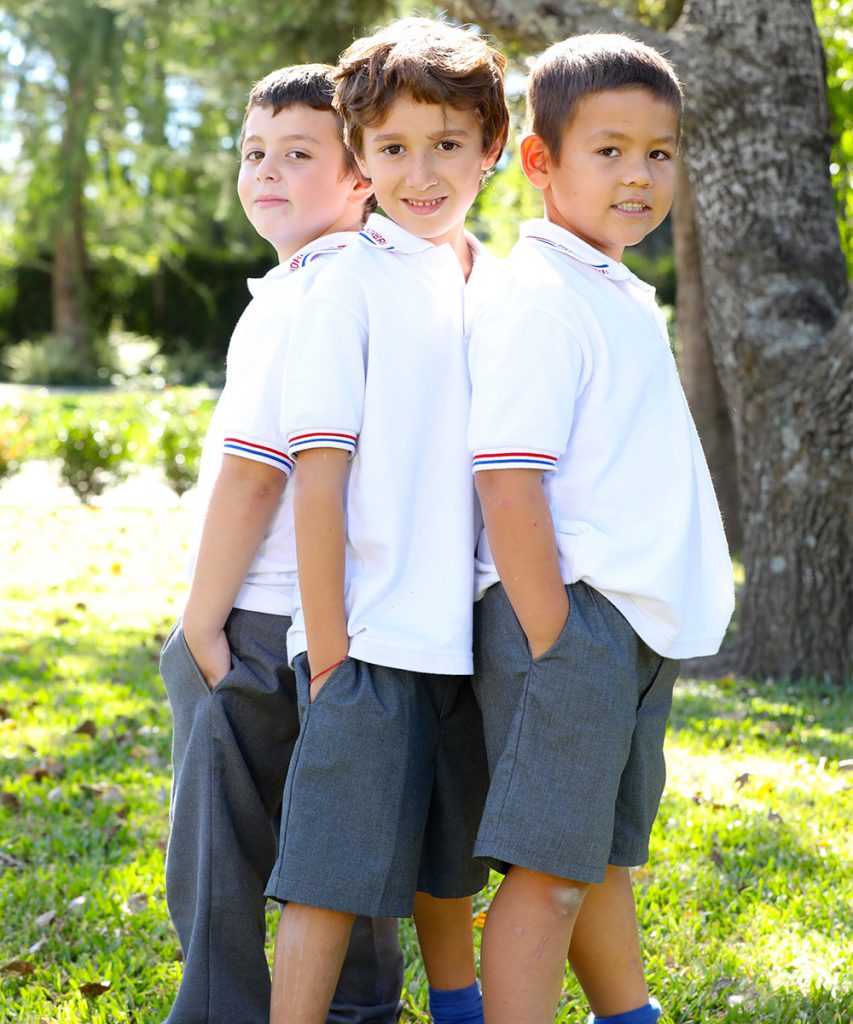
Organization
Timetable:
Morning shift: Mon-Thu: 7:45 a.m. – 12.45 p.m. Fridays: 1:15 p.m. – 4:20 p.m. for 6th and 7th (compulsory).
Afternoon shift (optional workshops): Four times a week 1.30 p.m. – 3.30 p.m. Instituto Crearte (art institute)
Bilingual practice until 4:30 p.m.
Institutional pedagogical project
- We have digitized classrooms in which interactive whiteboards are a powerful tool for teaching any subject.
- Students learn using the most modern web 2.0 resources, training to meet the requirements of the 21st century.
- Texts comprehension and interpretation, oral and written communication are key skills in our project, as they are the basis of the acquisition of knowledge in all areas.
- The early stimulation of mathematical logical thinking allows our students to reach a high level of competence in national and intercollegiate Olympiads.
- The implementation of Case Method develops creativity and abilities such as observation, analysis and hierarchy of information, conflict resolution and justification of decisions.
- The Cross Grading strategy (see information at the Center for High Intellectual Potential) addresses the needs of students with talents in different areas.
- Our children and adolescents are aware of the current state of affairs by staying up-to-date with the main local and world developments in a subject included in our Institutional Project called World General Information.
Special educational services
• Guidance Department in charge of educational psychologists.
• Pedagogical coordination team by areas.
• Center for High Intellectual Potential (C.A.P.I.) that meets the special needs of students with high motivation and special talents.
Optional activities
• Optional extracurricular workshops (Instituto Crearte): English, chess, art, laboratory, sport (futsal and volleyball), audiovisual project, contemporary dances, robotics / programming
How do we organize ourselves for its implementation?
To be able to tackle it, we have an interdisciplinary team: pedagogical advisor,
pedagogical orientation and team of area coordinators.
Early reading stimulation
Children are immersed in a literate world, that is why within our Pedagogical Project we contemplate a stimulation work
early reading. We accompany students on the path of decoding (comprehending) reading through meaningful and contextualized activities in attractive and age-appropriate work projects.
Through various didactic proposals we are generating the need to read.
Likewise, through contact with literary texts, we develop an attitude towards reading that will make them fully enjoy this activity.
sub-group work
From a very young age, our students are in contact with national and international events in order to train children committed to reality and with the ability to analyze facts critically.
In addition, it allows them to know and value other cultures, characters, relevant places in the world, the advances of the sciences and surprise themselves with new human discoveries, thus expanding their general culture.
project and annual sample
A content is learned, transversally, throughout the year. The themes are chosen based on the General Information work and the objective is to get students to get in touch with cultural manifestations that allow them to start learning about the world around them.
For example: the Olympic Games (Sydney 2000, Athens 2004, Beijin 2008, London 2012), passing through the plastic arts, music and literature to the wonderful work of Cervantes Don Quixote de la Mancha; learn about the universe from the hand of Galileo Galilei; We value our culture in the year of the Bicentennial of the May Revolution and we got to know the African continent and its culture, following in the footsteps of our soccer team in the World Cup in South Africa 2010 and Brazil 2014, in addition to being fascinated by the lives of these giant animals called dinosaurs.
Project "we live the harvest in the garden"
The objective of this institutional project is that children from an early age become aware that the Vendimia in Mendoza is more than a party, it is a process that reflects the fruit of the work of a year of producers, which highlights the figure of the harvester and that culminates with winemaking. Our little students live it from direct experience, starting from the World General Information area they get to know the process and in the end they harvest, classify grapes by tasting them, make grape juice, cook cookies with wine, and
Project "Live art in the garden"
Considering that ART plays a vital role in the education of children …
As they get older they begin to create entire universes of reality in their games. When painting with different colors, brushes or simply with the hands, when modeling and manipulating the elements, when listening to music or singing a song, perceptual and sensory experiences essential for emotional maturation are developed. It depends on the nature and depth of these experiences to stimulate training processes that aim at the development of creativity and expression.
In this sense and with respect to boys and girls, it is possible to increase in them perception, selective capacity, expressiveness in demonstrations, individual and collective creativity through the different work proposals throughout this project, designed from different sources of inspiration such as curiosity, dreams, fears and fantasies to give meaning to the compositions whose contents: colors, shapes, textures are organized in all significant.
Bringing children closer to the works of art of the great painters will have a great influence on their social knowledge, will sensitize them and make them understand the different ways of expressing experiences and representing the real and the imagined, combining them with techniques and materials, bringing them closer to the different currents such as: Impressionism, Cubism, Surrealism and others.
Project "You and I take care of the water"
In the framework of provincial law No. 8929 “On water citizenship”, we developed this educational project in order to awaken in children the desire to learn, explore, observe, use the imagination and raise awareness about the importance of water care for a healthy life.
This project arises from the importance of water in our lives and in that of all living beings, its responsible uses for hygiene, health, food, irrigation and its abundant presence in nature that must be preserved. That is why the relevance of this project to create awareness of their care “not only in the little ones but through them in their families and communities.”
Family week
During it, families are invited to share activities with their children in the garden. This project culminates in the realization of an artistic, recreational or sports event in which all the students of the level participate.
Social skills project
We work systematically throughout the year developing special activities (games, work with the body and emotions, dramatizations …) that stimulate the formation of values such as solidarity, respect for others, responsibility, dialogue, tolerance, etc., which allows the development of emotional intelligence.
Direct experiences
The students’ contact with reality stimulates and develops observation, interest, personal motivation and, consequently, thought in all its dimensions. Didactic outings related to educational topics, meaningful for students, are carried out and different professionals (doctors, dentists, journalists, etc …) are invited to interact with students and expand their level of knowledge.
Articulation project between levels
“The achievements of the previous level are starting points for the later level …” The project aims to unite, link and give continuity to the institutional educational project, establishing gears between the different levels, guaranteeing satisfactory school careers, joint work and concrete actions by all those involved.
Some actions that are carried out:
Parents meeting,
Emotional education (work with first grade teachers),
Children’s Day (celebration of children’s day children’s room
five and first grade),
Playing, and singing to primary school I am arriving (encounters with
Physical and Plastic Education teachers),
Get excited (work with first grade teachers),
Experiencing the digital world at school (work with first grade teachers),
Geoplanes (work with first grade teachers),
Wishes of families (work with parents),
Setting period.
Project opening paths
It is a space in which we invite parents to reflect on different aspects of parenting. We understand that from love and respect we can help children grow and develop strong, healthy and happy. This will allow them to face life with enough self-esteem and strength to go through the different situations that they have to live.
Parenting is a challenge for which all adults have to learn, so we believe that accompanying ourselves in this task will allow us to reflect, both personally and in the family, and walk the path of raising our children together little ones.
Some of the proposed themes:
The role of parents: how is authority built?
Educating them to live in society: habits
Keys to raise with love, without violence
Limits: clear and with love
Tantrums and tantrums
Great challenges: the cell phone, the computer, the television
Self-esteem: learning to be the best version of themselves
The fears
Emotional intelligence
Comprehensive Sex Education
The communication
Foreign language project: English
The general objective of the Foreign Language – English at the Initial Level is based on the “Total Physical Response” approach. The child understands and
responds through gestures and movements without the obligation to express himself orally.
The learning rhythm of each child is respected and freedom is given so that the child gradually expresses himself through rhymes, songs, games, and role plays. However, the production of oral language is not evaluated at the Initial Level. Basically, listening comprehension is evaluated.
Our staff
